Decentralization and delegation of power must be appropriate to the conditions and characteristics of rural, urban and island areas as well as control of power and regulations on the responsibility of supervision and inspection of superior state agencies.
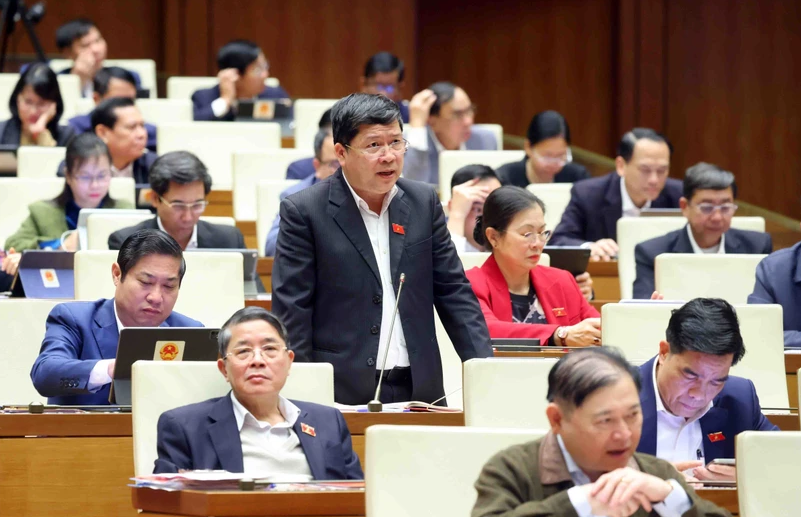
Fundamentally and reasonably amend regulations on the organization and operation of local governments to fully specify the provisions of the 2013 Constitution and institutionalize policies and orientations in Party documents and resolutions to continue innovating local governments in the direction of promoting decentralization between central and local state agencies and between local government levels, streamlining the apparatus, operating effectively and efficiently, ensuring the unity and continuity of state administration from the central to grassroots levels.
This is the content of the Draft Law on Organization of Local Government (amended) presented by Minister of Home Affairs Pham Thi Thanh Tra at the National Assembly meeting on the afternoon of February 12, in Hanoi.
Clear people, clear work, clear responsibilities
According to Minister Pham Thi Thanh Tra, the principle when decentralizing and assigning tasks and powers to local authorities must ensure that the content and scope of tasks and powers that local authorities are allowed to decide, organize and be responsible for the results are clearly defined, and at the same time, there is no duplication or overlap in tasks and powers between agencies and between levels of local authorities.
Along with that, decentralization and delegation must be consistent with the conditions and characteristics of rural, urban, island, special administrative-economic units and the capacity and conditions for performing tasks of local authorities at all levels as well as controlling power and regulating the responsibility of supervision and inspection of superior state agencies.
Regarding the tasks and powers of local authorities at all levels, the Minister of Home Affairs said that implementing the principle of "clear people, clear work, clear responsibilities" and avoiding overlapping regulations and duplication of tasks and powers between local authorities and between local authorities, the draft Law specifically stipulates the tasks and powers of the People's Council and the People's Committee in each administrative unit in the direction of: defining tasks and powers between the People's Council and the People's Committee; defining tasks and powers of the collective People's Committee and the individual Chairman of the People's Committee where the local authority is organized in the direction of increasing tasks, powers and responsibilities for the individual Chairman of the People's Committee.
Regarding the local government organization model, according to Minister Pham Thi Thanh Tra, the draft revised Law is in the direction of maintaining the local government organization model as in the current Law. Accordingly, at all administrative units at all levels, the local government organization includes the People's Council and the People's Committee, except in specific cases where the National Assembly stipulates that it is not a local government level.
"This regulation is to ensure the continued implementation of urban government organization in a number of centrally-run cities according to the Law on the Capital and Resolutions of the National Assembly," said Minister Pham Thi Thanh Tra.
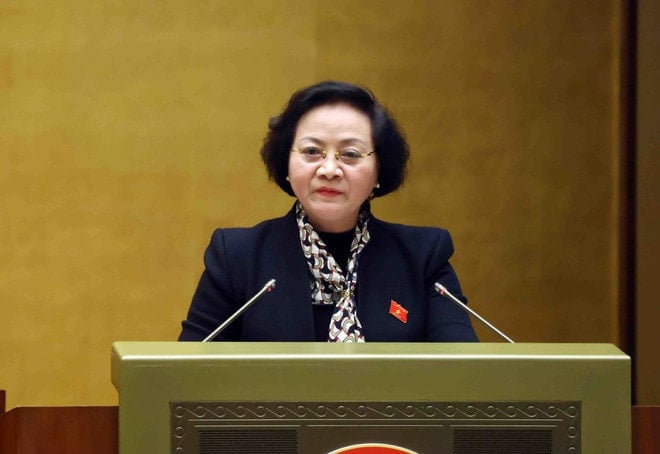
In order to ensure the streamlining of the organizational apparatus, improve the operational efficiency of the People's Council and People's Committee; increase the autonomy and self-responsibility of local authorities, the draft Law stipulates the principles for determining the number of People's Council delegates based on population size, regional characteristics and socio-economic conditions of each locality.
In addition, the National Assembly Standing Committee shall prescribe the number of People's Council deputies, the number of full-time People's Council deputies, and the number of People's Council Committees; and shall delegate authority to the People's Council to decide on the establishment of Committees and the number of full-time People's Council deputies to ensure that they are consistent with local realities.
In addition, the draft law also assigns the Standing Committee of the People's Council to decide on measures to resolve urgent and unexpected tasks in preventing, combating and overcoming the consequences of natural disasters, epidemics, national defense, security, order and social safety; adjust estimates, allocate increased revenue, save annual budget expenditures and report to the People's Council at the nearest session; Amend and supplement regulations on the activities of the People's Council to suit practical requirements.
Regarding the People's Committee, according to the Minister, it basically inherits the regulations on the organizational structure of the People's Committee according to the provisions of the current Law and assigns the Government to stipulate the framework for the number of Vice Chairmen of the People's Committees at all levels, the number of specialized agencies under the People's Committees at the provincial and district levels and the People's Committees at the local government level operating under a collective regime combined with the individual responsibility of the Chairman of the People's Committee and each member of the People's Committee...
Promoting the initiative of local authorities
Regarding the auditing agency, Chairman of the Law Committee Hoang Thanh Tung said that regarding the local government organization model, the Law Committee basically agrees with the Government's proposal to continue maintaining the local government organization model as prescribed in the current Law and laws and resolutions on urban government organization.
Maintaining the stability of the local government organization model in the immediate future will create conditions for agencies to have time to "continue to focus on researching and perfecting the overall organizational model of the political system to meet development requirements in the new era" before implementing a synchronous and overall innovation of the political system's apparatus, building a truly streamlined and appropriate local government organization model at the appropriate time as required in Conclusion No. 121-KL/TW.
Mr. Tung added that recently, the National Assembly has allowed Hanoi to implement the urban government model according to the provisions of the Law on the Capital; a number of other centrally-run cities are also implementing the urban government model according to the resolutions of the National Assembly and have initially achieved positive results.
Therefore, it is recommended that the Government continue to summarize and comprehensively evaluate the organization of urban government models in localities, on that basis, propose a suitable local government organization model for comprehensive, synchronous and unified implementation nationwide.
In addition, the Law Committee agrees with continuing to perfect regulations on decentralization and delegation of authority to local authorities to concretize the policy of promoting decentralization and delegation of authority, promoting the proactiveness, creativity, and self-responsibility of local authorities at all levels in the spirit of "locality decides, locality acts, locality is responsible."
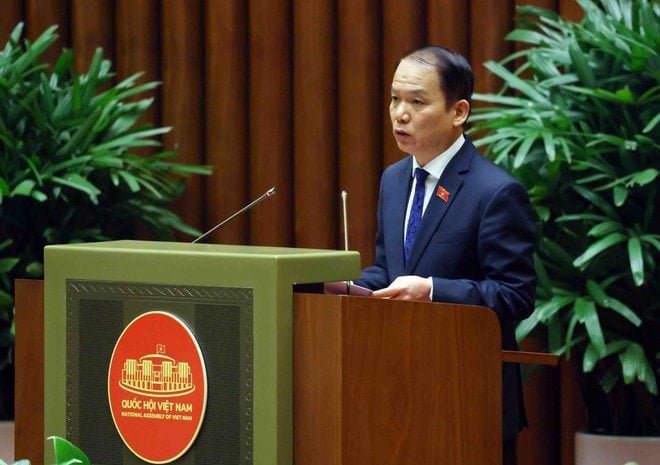
To continue to perfect the regulations on the principles of decentralization, delegation, delegation, and authorization, the representative of the examining agency proposed to continue reviewing to ensure consistency between the provisions of the draft Law and relevant provisions in the draft Law on Organization of the Government (amended) on how to stipulate the principles of decentralization, delegation, delegation, and authorization as well as ensuring consistency and transparency in both the subject of decentralization, delegation, the recipient of decentralization, delegation, methods and conditions for ensuring implementation./.
Source: https://daidoanket.vn/day-manh-phan-quyen-phan-cap-tao-su-chu-dong-cho-chinh-quyen-dia-phuong-10299786.html








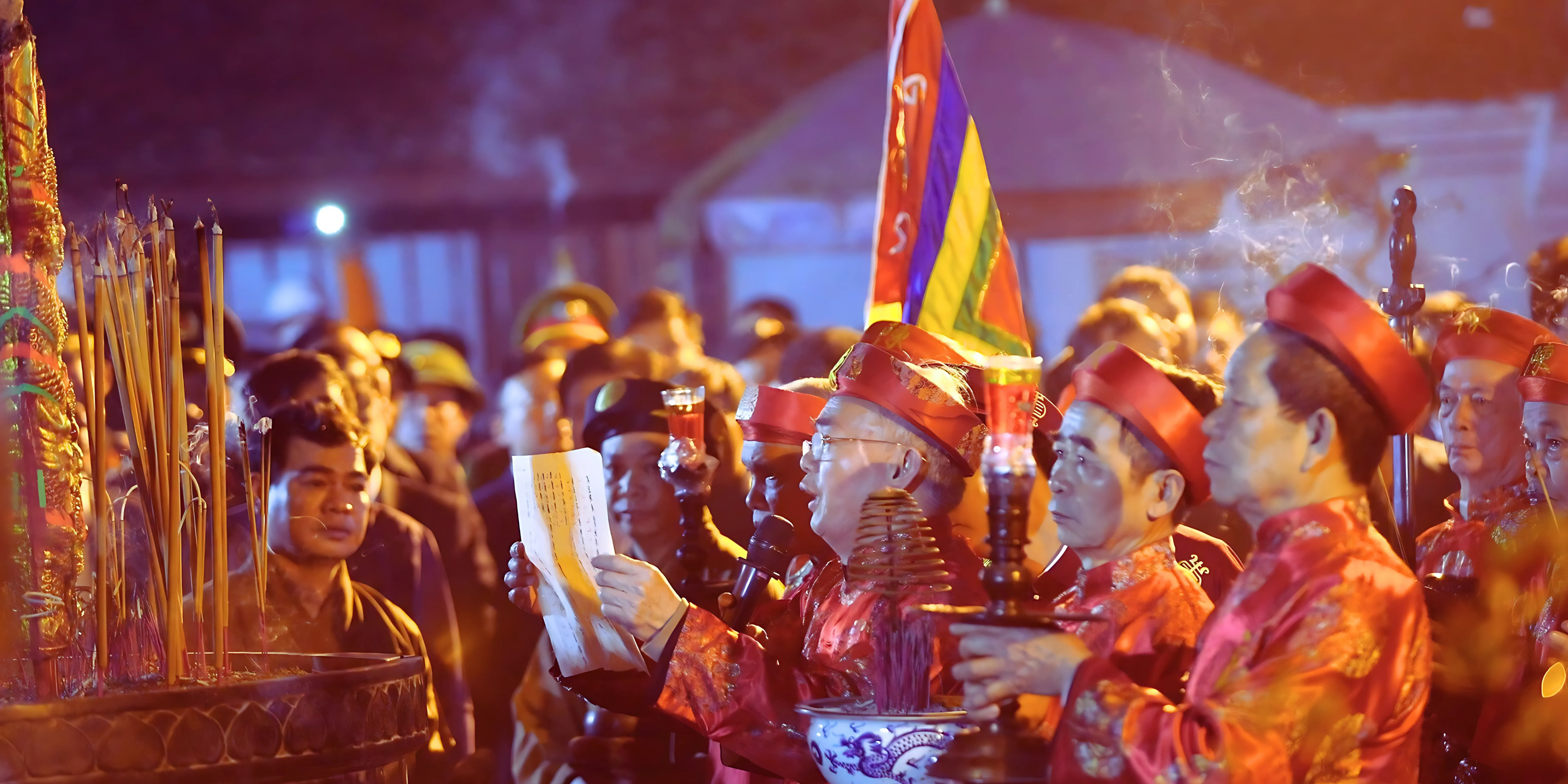
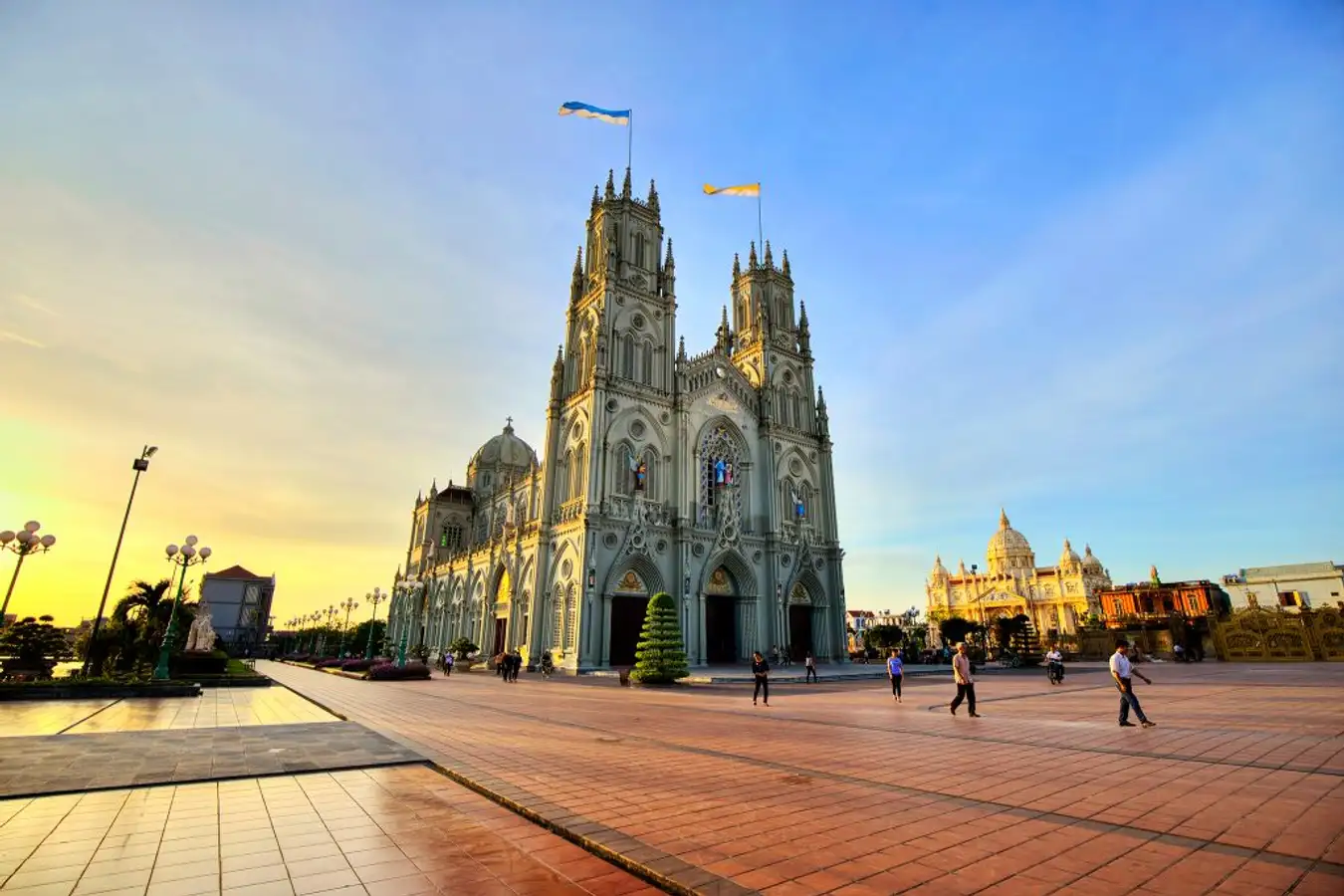





















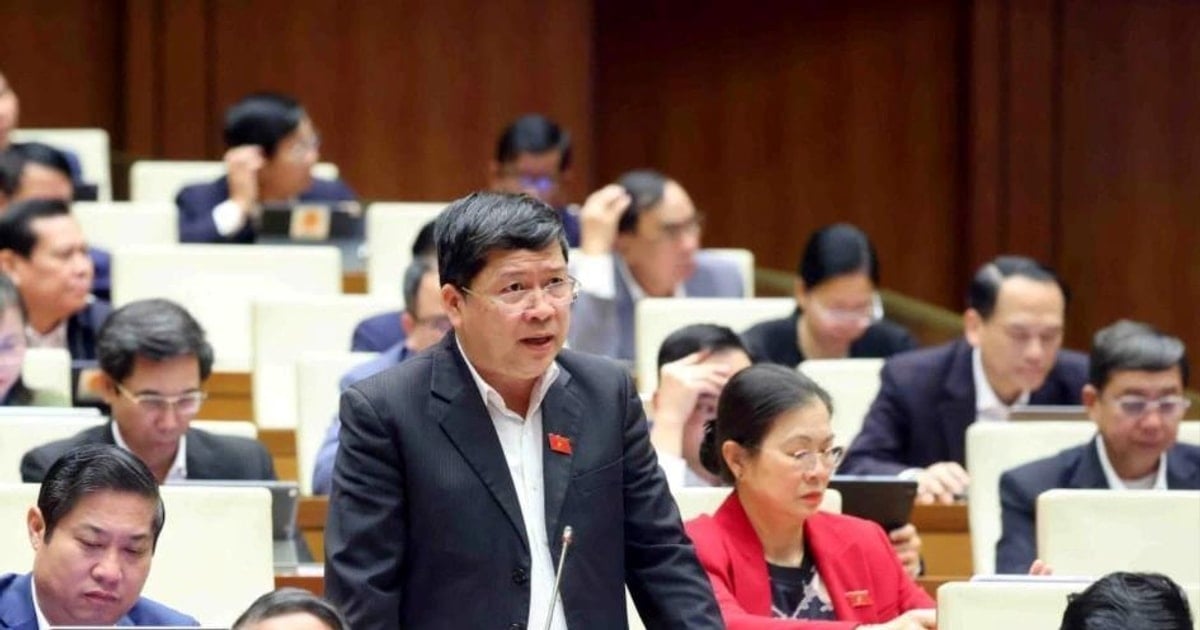
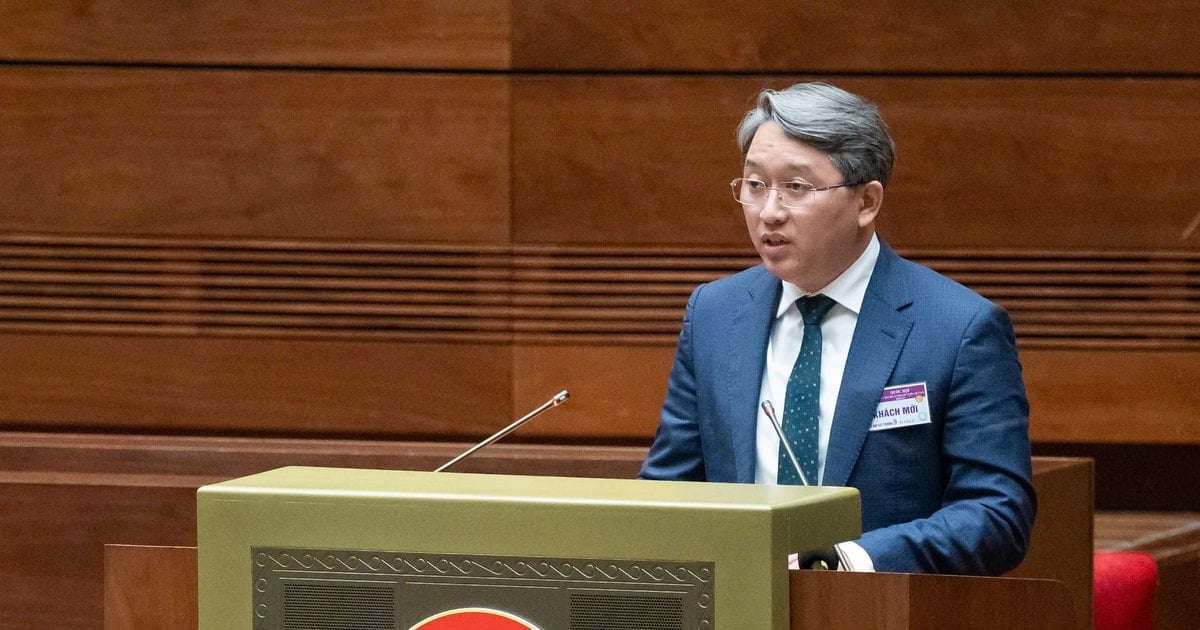
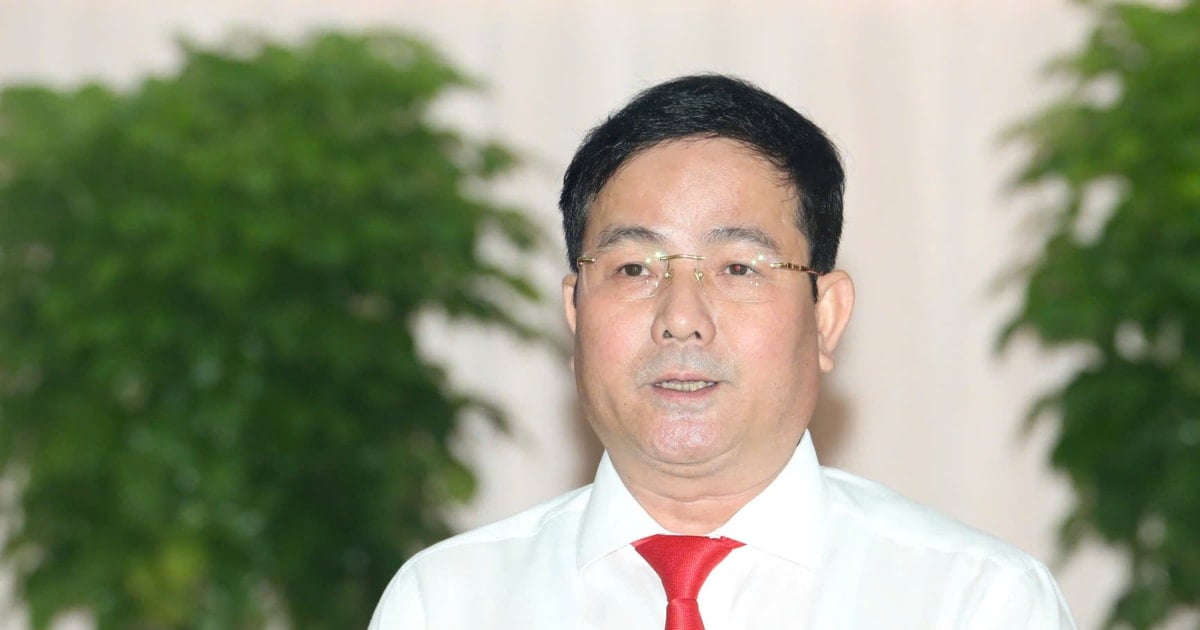
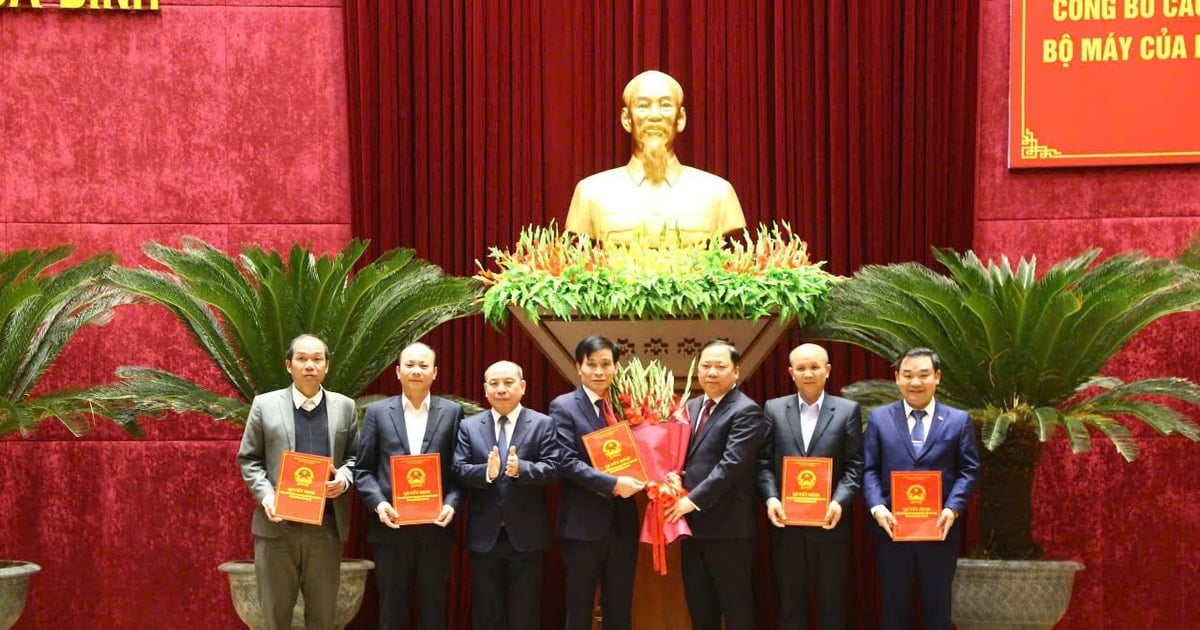
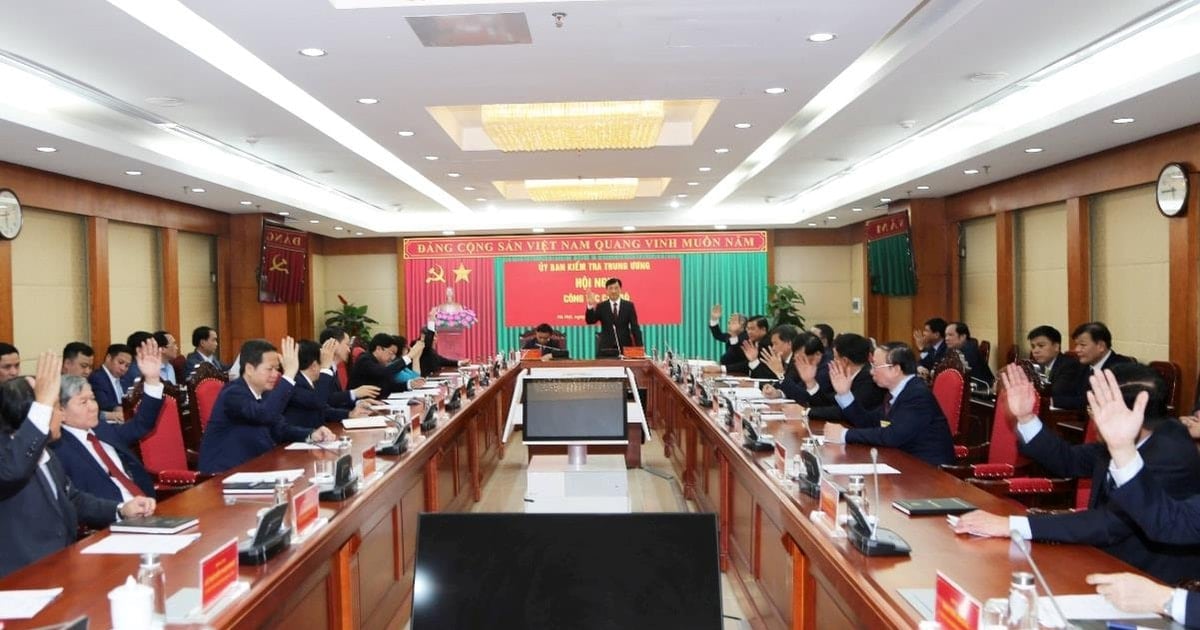
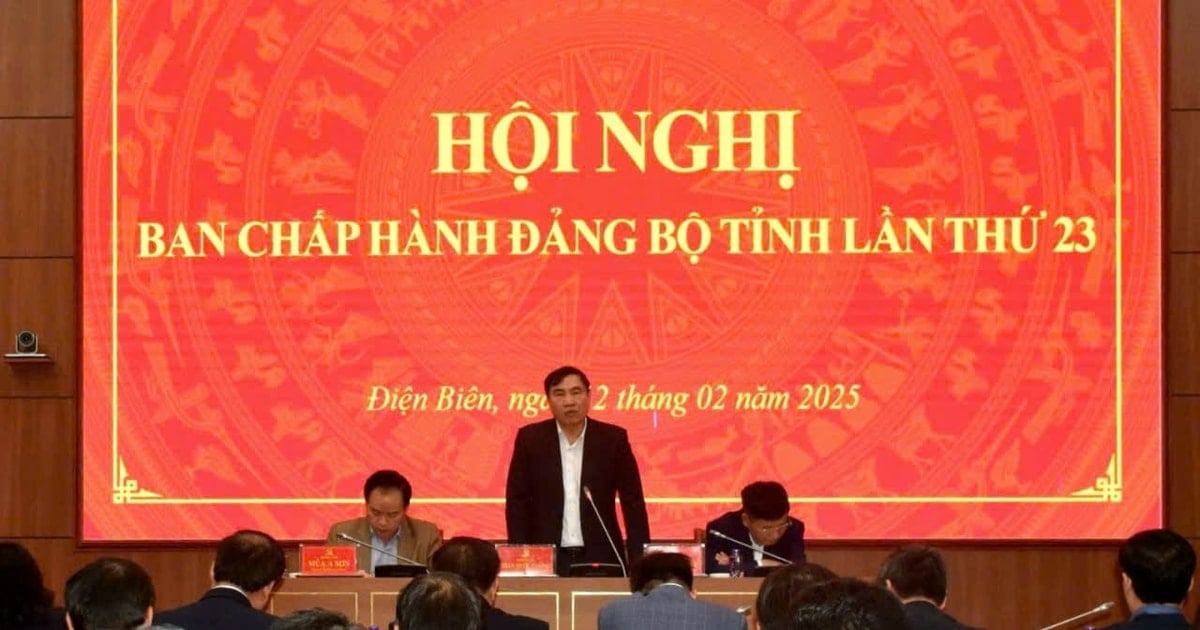
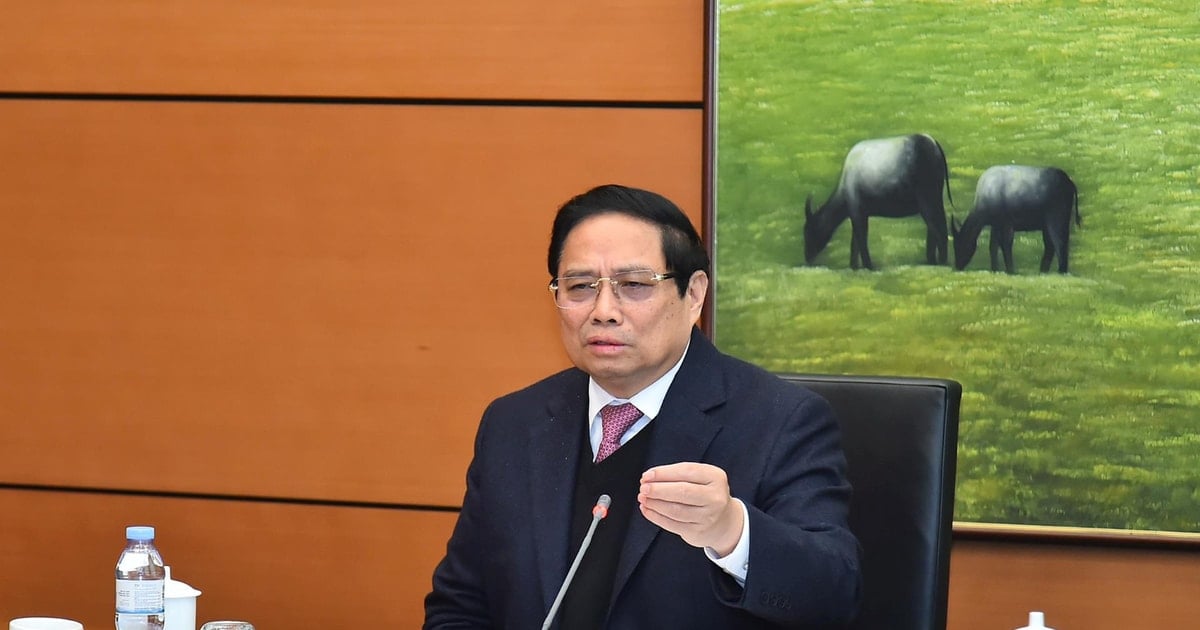
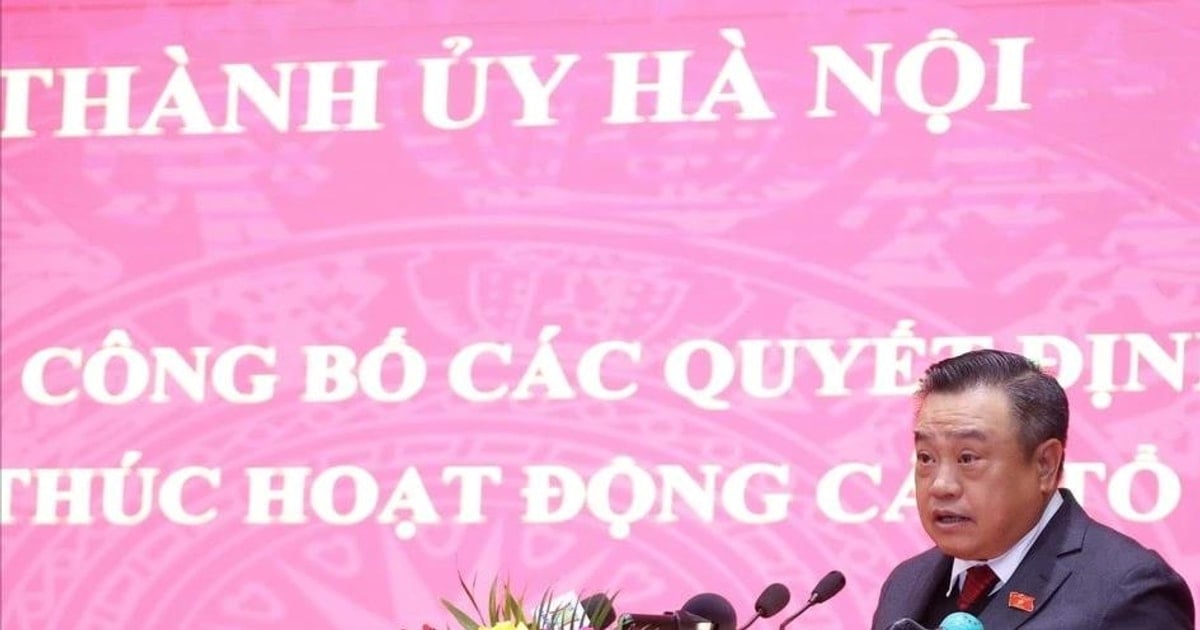
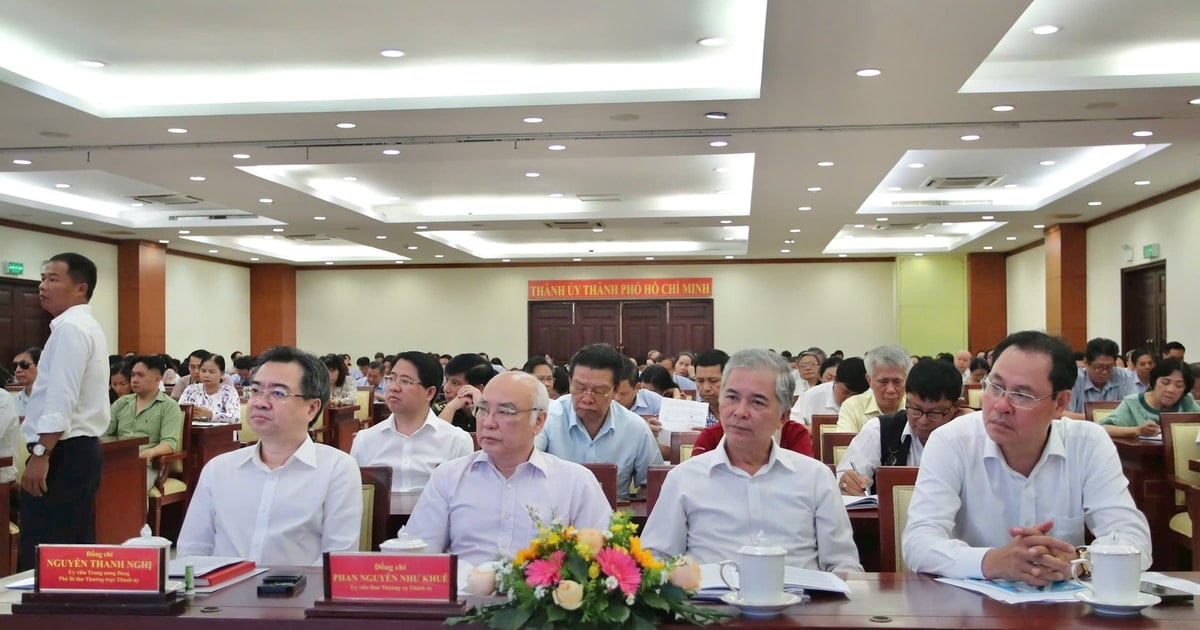


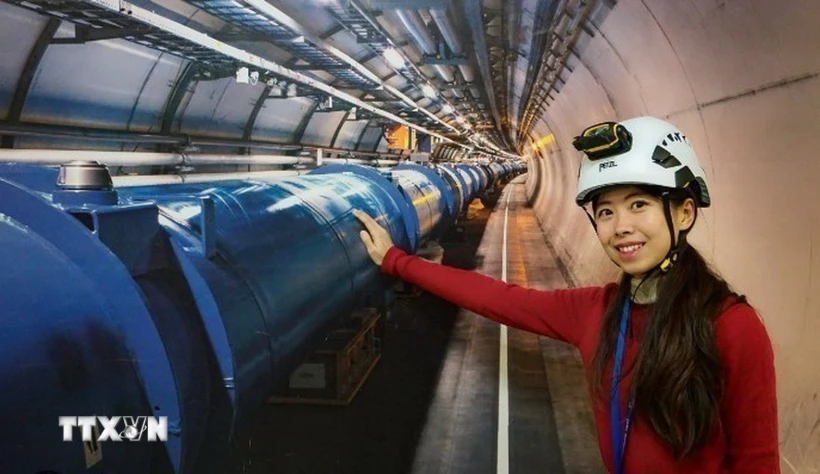



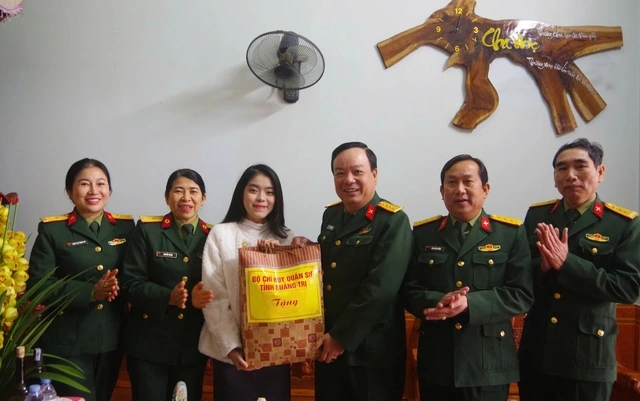

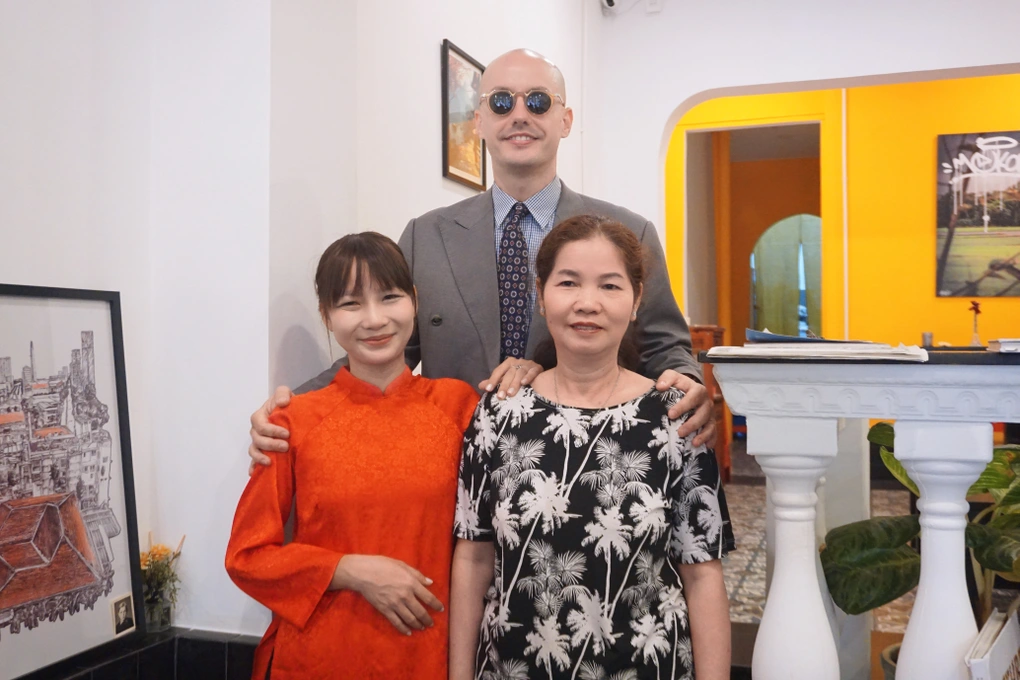
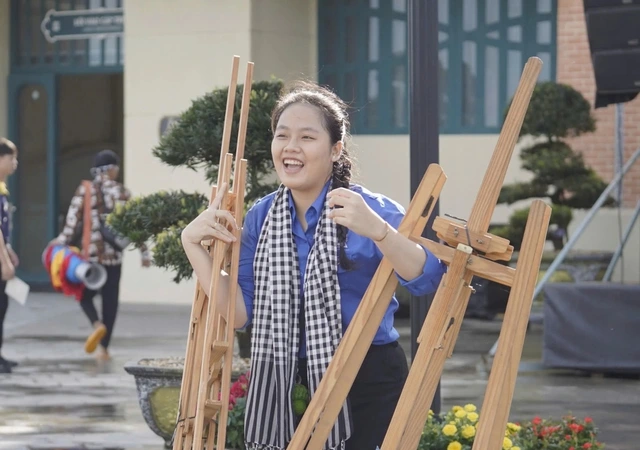




Comment (0)